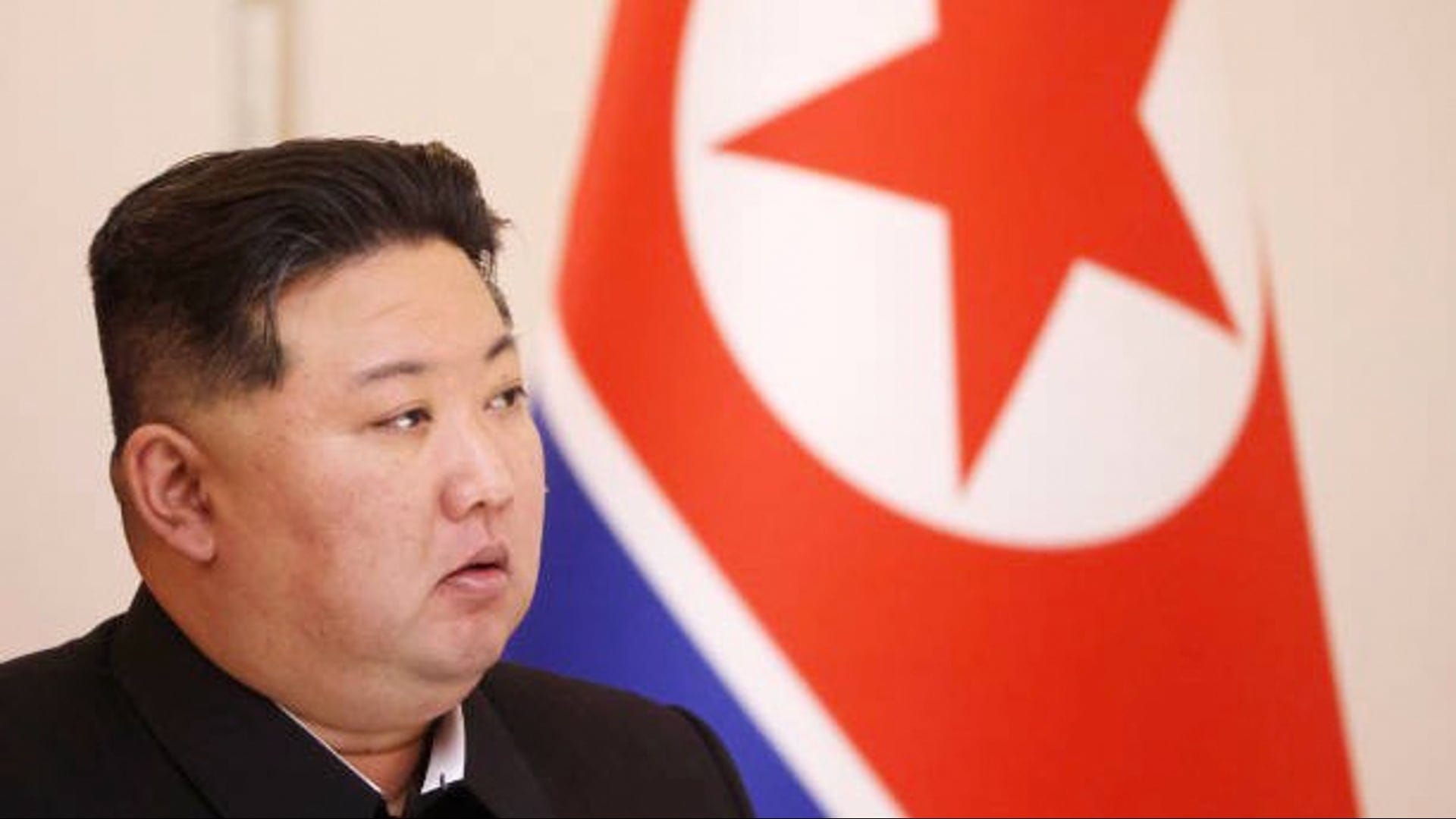South Korea slams Hegseth over North Korea 'nuclear power' comments

WASHINGTON − President-elect Donald Trump's nominee to lead the Pentagon upset key U.S. ally South Korea Tuesday when he labeled North Korea a "nuclear power" in a statement submitted to a Senate panel.
Pete Hegseth made the comment in his written response to policy questions from the Senate Armed Services Committee released at the start of his Tuesday confirmation hearing.
South Korean officials interpreted Hegseth's comment as showing possible U.S. recognition of North Korea as a nuclear weapons state, a status granted only to five countries under an international treaty barring nuclear weapons development.
Countries like South Korea who comply with the agreement− known as the Nuclear Non-Proliferation Treaty − receive international support to pursue peaceful uses of nuclear technology. North Korea pulled out in 2003 to pursue nuclear weapons.
The South Korean foreign ministry denounced Hegseth's remarks.
According to English-language outlet Yonhap News, the ministry said, "Under the [non-proliferation treaty], North Korea can never be recognized as a nuclear-armed state."
Seoul's diplomats further noted that the North's "denuclearization," a term meaning removal of its nuclear weapons, "has been a principle consistently upheld by South Korea, the United States and the international community."
The Trump transition team did not immediately respond to a request for comment.
In his written comments, Hegseth also called North Korea "a threat to stability on the Korean peninsula, in the Indo-Pacific region, and globally" due to its "intense focus on increasing the range of missiles capable of delivering nuclear warheads."
Although experts believe North Korea has approximately 50 nuclear warheads in its arsenal, the former Fox & Friends host's remarks crossed a delicate diplomatic line.
John Kirby, spokesperson for President Joe Biden's National Security Council, told reporters Tuesday the outgoing administration disagrees with Hegseth's "nuclear power" label. "Our policy on that hasn't changed," Kirby said. "We've not made such a recognition."
The controversy comes amid an ambiguous moment in Washington-Seoul relations after South Korean authorities arrested impeached President Yoon Suk Yeol − a staunch conservative and U.S. ally who briefly declared martial law last month − on Wednesday. Yoon negotiated an expanded security partnership between South Korea and the U.S. earlier in his administration.
South Korea's own stance towards nuclear weapons may soon shift as well. As a matter of policy, the country is a longtime member of the non-proliferation agreement and regularly reaffirms that commitment.
But in the face of North Korea's nuclear threat, a significant majority of the South Korean public − 61% − supports Seoul obtaining its own nuclear weapons, according to a polling average from the Center for Strategic and International Studies think tank. The report argued that a second Trump administration could further shift attitudes in favor of nuclearization in the South.
Davis Winkie's role covering nuclear threats and national security at Paste BN is supported by a partnership with Outrider Foundation and Journalism Funding Partners. Funders do not provide editorial input. If you wish to share a news tip, please contact Davis via email at dwinkie@usatoday.com or via the Signal encrypted messaging app at 770-539-3257.